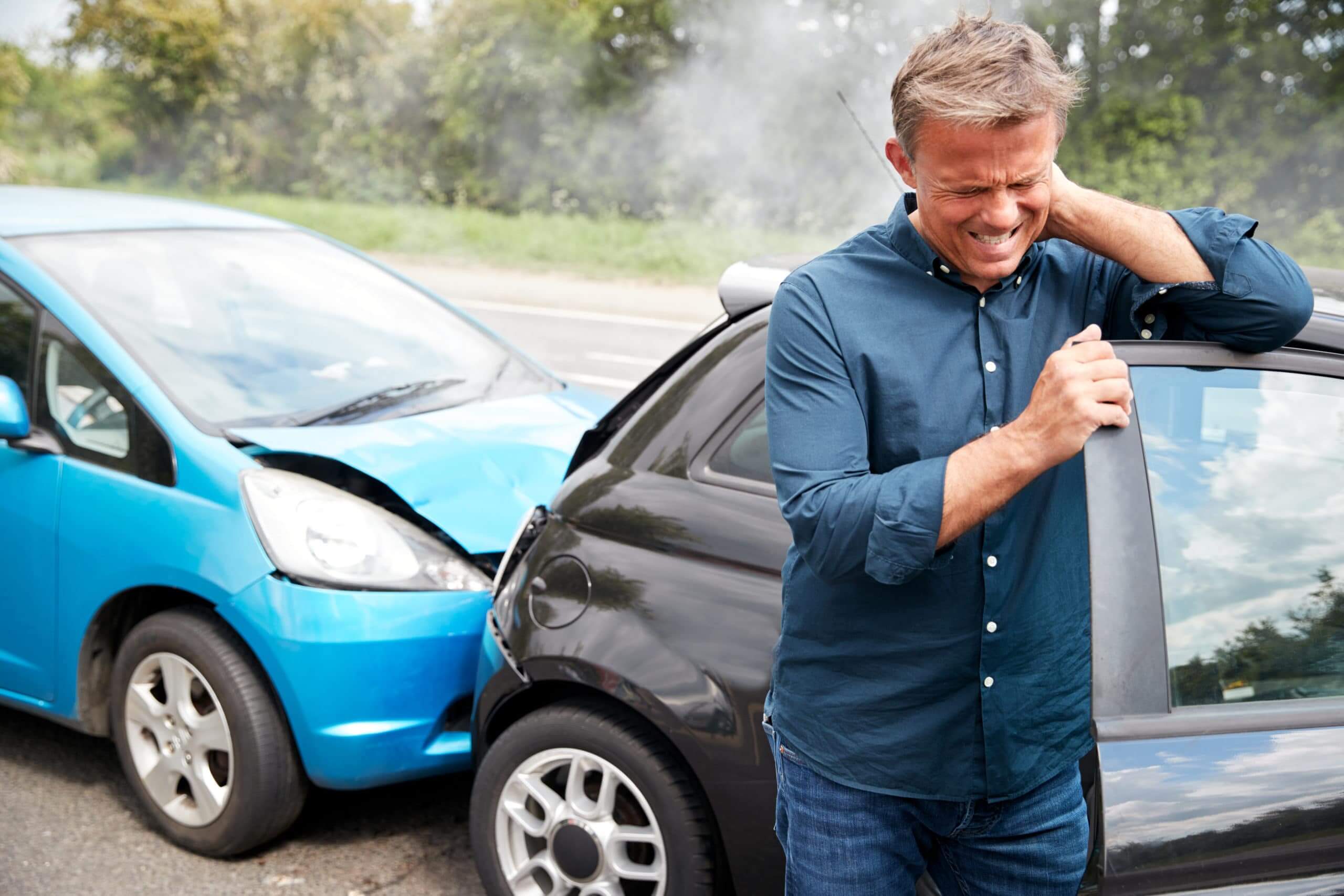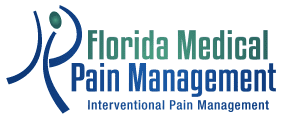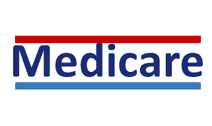
How Long After a Car Accident Can Injuries Appear
How long after a car accident can injuries appear? Injury symptoms often don’t manifest themselves until days or hours after they happen unless you become unconscious or break a limb. Some symptoms may occur weeks or even months later after being involved in a car crash. Knowing when these signs will appear so you can seek assistance promptly is essential for recovering from such traumas.
How Long Does It Take For Car Accident Injuries To Appear?
Car accident injuries often take time to show up. Sometimes, victims don’t even realize they have been hurt until days, weeks, or hours later.
After an auto accident, our bodies experience an uptick in adrenaline and endorphins. While these chemicals may temporarily dull pain sensations immediately after impact, these hormones typically subside within hours or days, and victims begin to realize the full extent of their injuries from a car crash.
Even if you feel fine after a car accident, it is still essential to seek medical help. Even if the doctor does not immediately detect any injuries or pain, continue monitoring your body for signs of infection or other problems over the coming weeks.
Car Accident Symptoms That Emerge Right After a Crash
Car accident injury symptoms can differ depending on the individual and the type of trauma sustained. Some people may not feel any effects immediately after a crash, while others might experience intense discomfort and pain.
After a car accident, you may experience some common symptoms:
- Neck Pain
- Pain in the back
- Headache
- Feeling dizzy or lightheaded.
- Tinnitus is a sensation of ringing in the ears.
- Blurred vision and increased sensitivity to light may occur.
24-48 Hours After A Car Crash
After a car accident, you may experience delayed onset injuries in the following days and hours. Delayed onset is when symptoms from the incident manifest 24 to 48 hours post-accident. These could include headaches, neck and back pain; blurred vision; ringing in the ears (tinnitus); dizziness; fatigue.
These are the most frequent injuries experienced during this period.
Concussion Symptoms
A concussion is a mild traumatic brain injury caused by an abrupt impact on the skull that may cause fractures, bleeding inside or damage to brain tissue. Common signs and symptoms associated with a concussion include:
- Headaches
- Nausea
- Dizziness
- Headaches
- Memory problems
Whiplash Symptoms
Whiplash is a neck injury when your neck and head are whipped back and forth quickly. This type of whiplash injury can injure your neck’s muscles, ligaments, or discs. Here are some symptoms to watch out for:
- Stiffness and pain in the neck.
- Headaches
- Dizziness
- Blurred vision
- Ringing in your ears (tinnitus)
- Fatigue
Muscle Spasm Symptoms
Any muscle can experience muscle spasms. These often stem from anxiety, stress, fear, or both and could indicate you’ve been injured. Common signs of such muscle spasms include:
- Pain
- Cramping
- Stiffness
- Tightness in the muscles
Internal Organ Damage Symptoms
Car accidents that cause internal organ damage result from blunt force trauma to your stomach or chest. Here are the symptoms:
- Areas injured may experience pain, swelling, or bruising.
- Breathing difficulty
- Rapid heart rate
- Feeling lightheaded or faint
Slipped or Herniated Disc Symptoms
Herniated discs are spinal injuries in which one of your discs slips or pops out. Common symptoms of this condition include:
- back pain, which may be worse at night or when you stand up
- pain that radiates down your leg
- numbness and tingling in your legs
If you experience any of the following symptoms following a car accident, seek medical help immediately. Do not wait for them to go away on their own.
What to Look Out for After a Car Accident: Days or Weeks Later
Motor vehicle accidents often result in subtle injuries that take days or even weeks to manifest. These traumas may cause memory and concentration difficulties, joint pain, weakness, and gastrointestinal issues.
Broken Bones
Frayed bones often don’t become apparent until days or weeks after an accident. Here are the symptoms to look out for:
- Pain
- Swelling
- Bruising
- Deformity around the Bone
Soft Tissue Damage
Soft tissue injuries such as strains and sprains often don’t show up for days or weeks after an accident. Here are the symptoms:
- Pain
- Swelling
- Bruising
- Limited range of motion
Post Traumatic Stress Disorder (PTSD).
Psychological Trauma may cause posttraumatic stress disorder (PTSD). Common symptoms associated with this disorder include:
- Flashbacks
- Intrusive thoughts
- Nightmares
- Exaggerated startle response
- Avoiding anything that brings back memories of the accident.
Traumatic Brain Injuries (TBIs).
Traumatic brain injury is a head injury caused by an object striking the head, such as in a car accident. TBIs can result in brain damage and long-term issues, which are traumatic brain injury symptoms.
- Headaches
- Nausea
- Vomiting
- Dizziness
- Lack of concentration
- Confusion
- Memory problems
Symptoms After A Car Accident Months Later
After being involved in a motor vehicle accident, some symptoms may manifest months later. Symptoms after a car accident are common as the body’s natural healing process takes time; some injuries heal quickly while others take longer.
Here are the warning signs to watch out for:
- Shoulder pain
- Arm pain
- Leg pain
- Trouble sleeping
- Irritability
- Personality Changes
Resting can resolve most symptoms after a car accident with rest and time. Unfortunately, many victims do not realize they have been injured until symptoms appear. Keep a log of all symptoms after an accident so you can monitor any changes in health and provide information to your doctor.
Schedule an Appointment
Have you or a loved one recently been involved in a car accident? Are the injuries sustained causing you pain and discomfort?
Don’t suffer in silence! At Florida Medical Pain Management, we specialize in providing effective and personalized treatment plans for car accident victims like you.
Our skilled medical professionals will partner with you to assess your injuries and create a tailored treatment plan to fit your requirements. Whether it’s whiplash, back pain, or another type of trauma, our knowledge and expertise can assist in getting you on the road to recovery. Take action now by scheduling an appointment!
Our Treatment Services
Florida Medical Pain Management’s top priority is to serve our patients’ needs and create long-lasting relationships with them. Our treatments include:
- Treatment for Neuropathy
- Arthritis Management
- Back Pain Medication
- Chronic Pain Treatments
- PRP Injections
- Epidural Injection
- Regenerative Medicine
- Hip Pain Medication
- Ketamine Infusion Therapy
We want to help patients live more fulfilling and productive lives by effectively managing their pain. Florida Medical Pain Management also provides home therapy and many more. Click here to see our other services.















